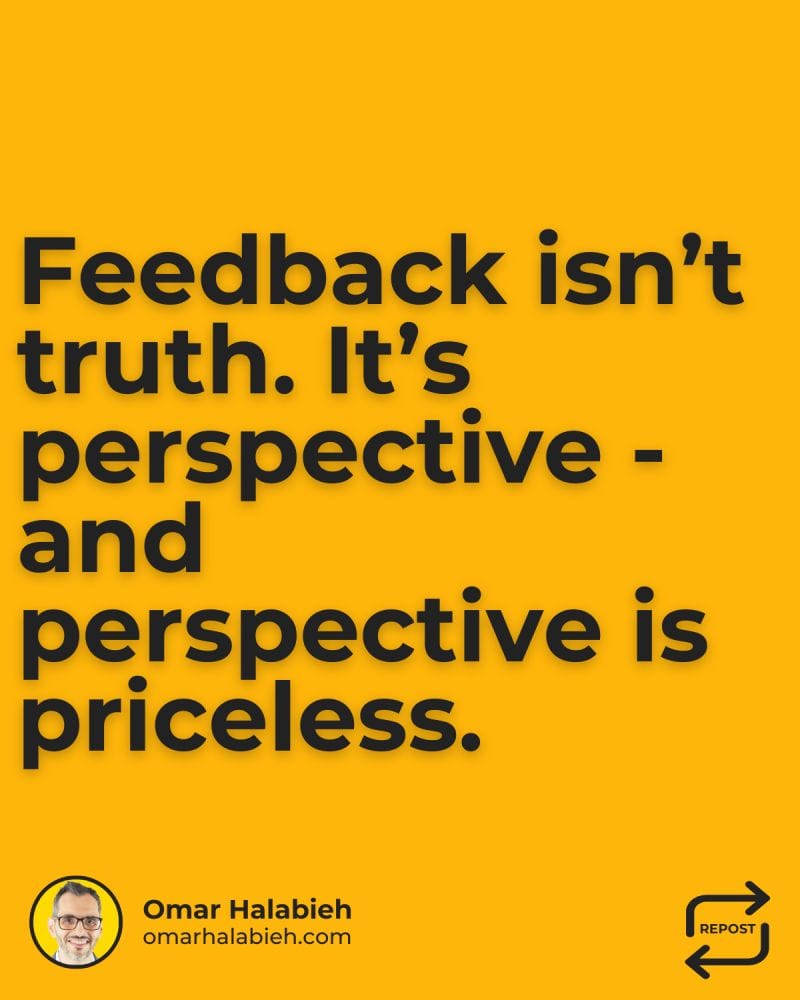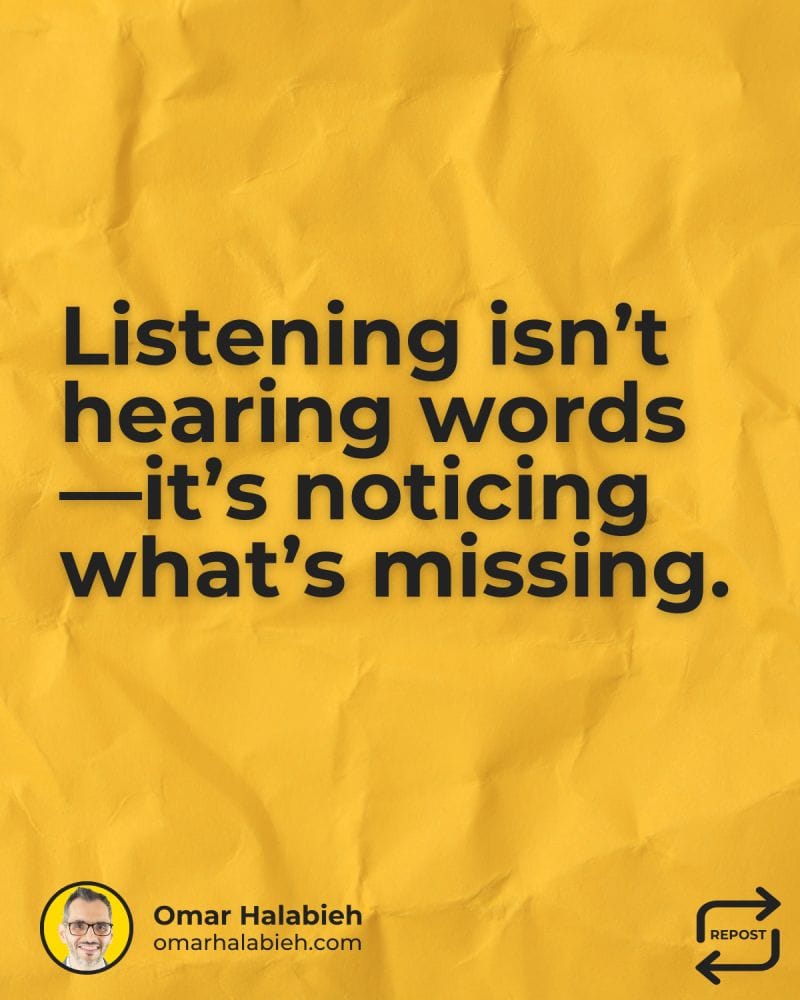1. Don't hesitate to ask for clarifications.
2. Recognize that interviewers want you to succeed.
3. Contextualize challenges to showcase complexity.
4. Prepare a concise yet compelling self-introduction.
5. Discuss complex examples from your work history.
6. Avoid unexplained acronyms or internal references.
7. Show enthusiasm for the role you're interviewing for.
8. Use detailed descriptions to showcase your knowledge.
9. Answer questions directly, without going off on tangents.
10. Be prepared to discuss detailed aspects of your projects.
11. Listen attentively and integrate the interviewer's feedback.
12. Pause to collect your thoughts when stuck or are fumbling.
13. Come prepared with thoughtful questions to ask at the end.
14. Provide a brief summary before delving into complex topics.
15. Make your individual contributions clear from those of others.
16. Discuss your career aspirations and how the role aligns with them.
17. Research the company's culture, role and requirements thoroughly.
18. Be truthful, even if that means admitting you don't know the answer.
19. Be clear about your role and scope when discussing your experience.
20. Vary your examples across interviews to display breadth of experience.
21. Only provide as much context as necessary to understand the situation.
22. Use recent examples that best showcase your skills and responsibilities.
23. Indicate the scope of your projects to show the scale of your experience.
24. Reflect on your performance after the interview, regardless of the outcome.
25. Always highlight the impact of your work, ideally using quantitative

